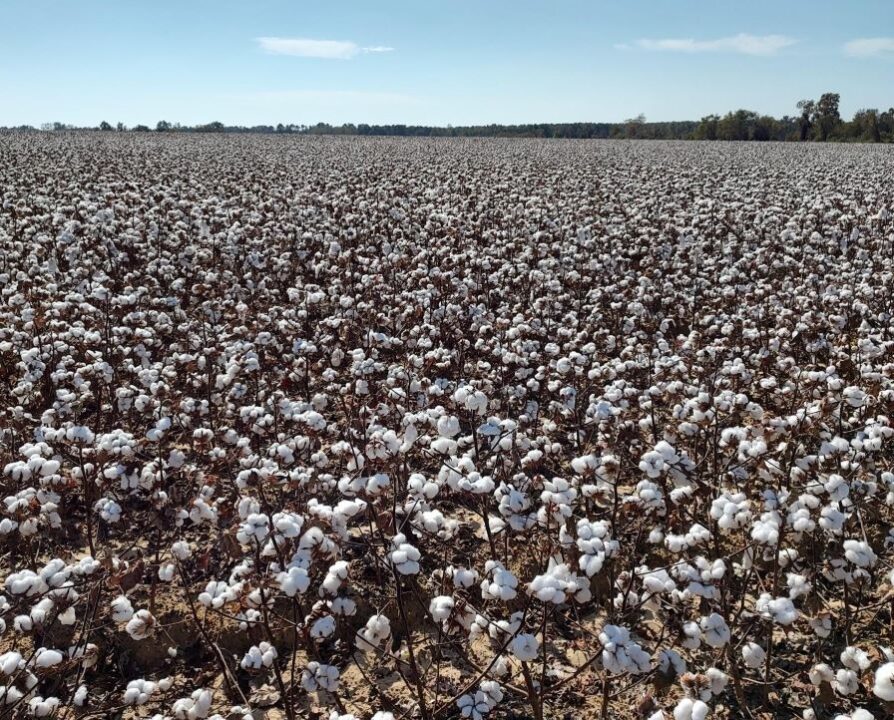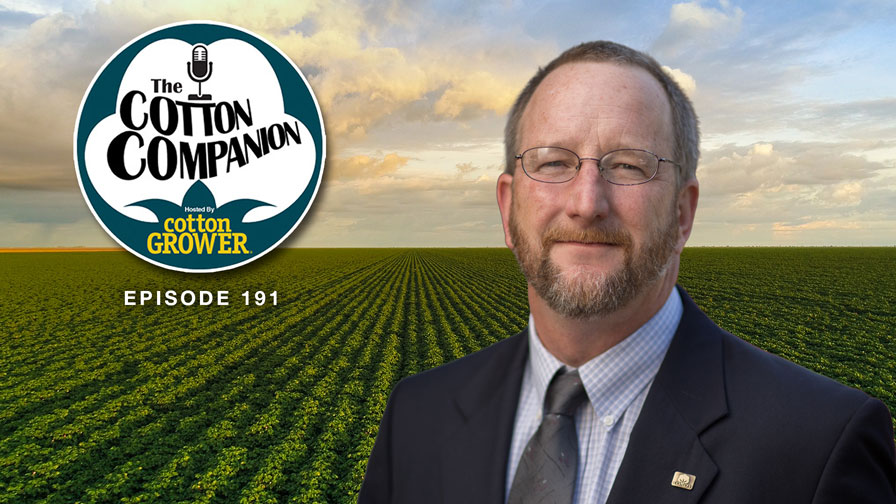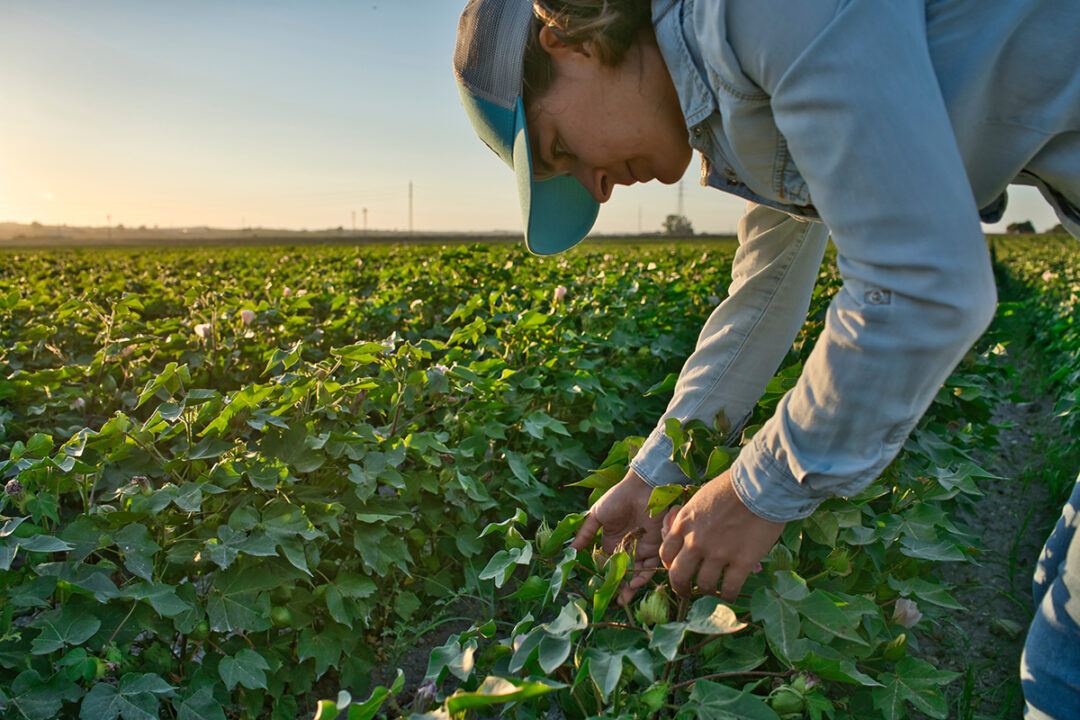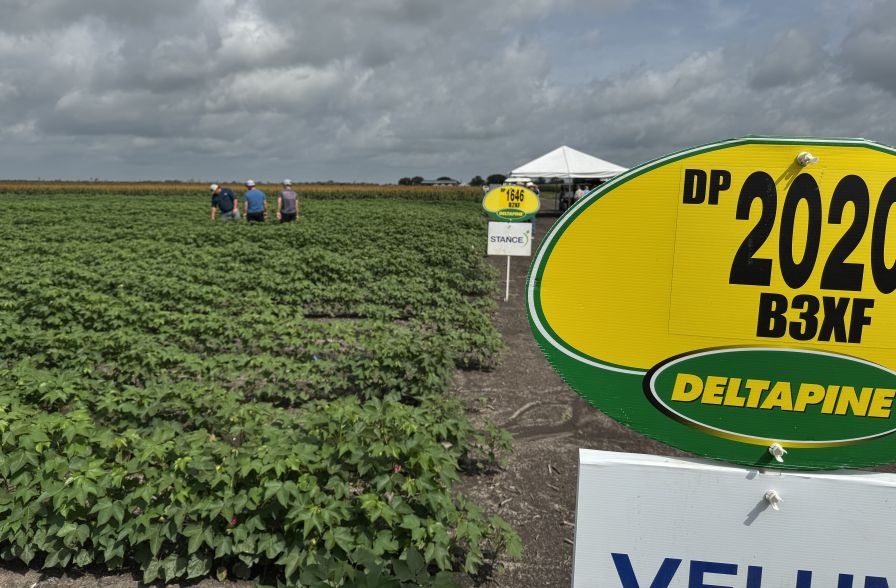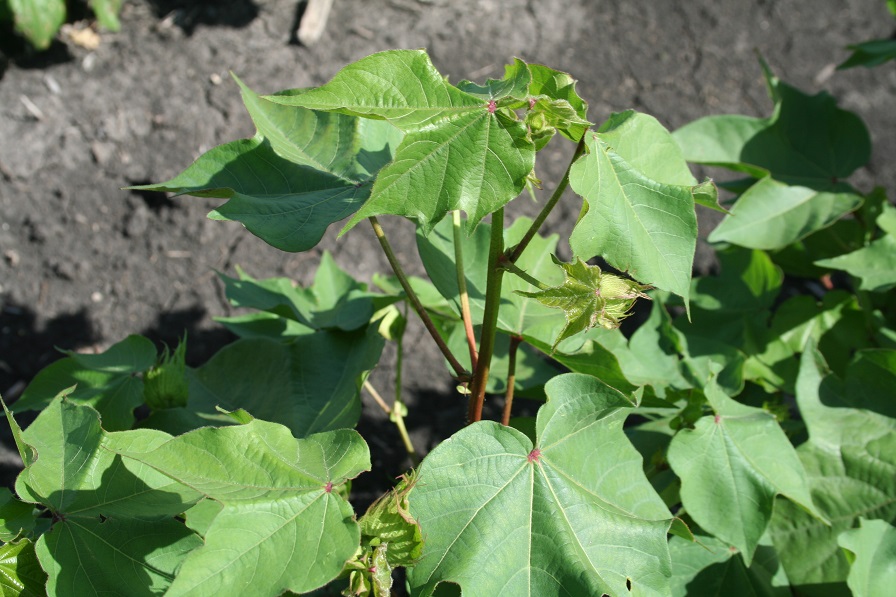JCPenney Executive Says U.S. Cotton Must …Prove Sustainability
THE AMERICAN Heritage Dictionary defines the adjective “sustainable” as:
1. Capable of being sustained.
2. Capable of being continued with minimal long-term effect on the environment: sustainable agriculture.
Sounds simple enough, right? Especially that part about sustainable agriculture. Cotton production is definitely that. Or not. We may believe it, but we are still the minority, so proving it is the cotton industry’s task.
“JCPenney defines ‘sustainable’ as a product which provides a positive impact economically, socially and environmentally,” said Peter McGrath. “It is within that context that we talk about sustainability.”
McGrath is executive vice president and director of product and sourcing for JCPenney, Inc., one of America’s largest department store, catalog and e-commerce retailers. Additionally, he currently serves as Chairman of Global Marketing for the Cotton Board, and is also a Cotton Board Executive Board Member. His remarks were made at a Cotton Board press conference at the Beltwide Cotton Conferences in Nashville in early January.
“We believe at JCPenney that you orchestrate your own opportunities,” he continued. “You have to take charge of what you want to have happen, and what happens to you. And from this perspective, you have to talk about the customer.”
McGrath said corporate social responsibility is no longer just a debate. Customer attitudes are changing, and the pace of change will only accelerate. “Green” retailing is becoming extremely competitive.
The cotton industry has made tremendous strides over the years to minimize, as the popular term goes, its “environmental footprint.” But perception is reality, and if the public in general, and the consumer is particular, do not perceive cotton as doing that, then, well, we are not. McGrath said successful companies must have an “emotional connection” with their customers. “It’s not enough just to sell the product,” he said, to remain competitive.
Companies want shareholder reports to reflect what they are doing toward sustainability, McGrath said, including reducing packaging and converting to recycled materials.
On Organics and ‘Natural’
McGrath is often asked how how much more a customer would pay for an organic cotton shirt, but to his company, it’s not the salient point.
“It is expected that companies provide low-environmental-impact products,” he says. “They also tell us that, as customers – and beyond the sustainability issue – ‘we want you to produce innovative products.’”
A new green version of the very recognizable Cotton Incorporated logo with “Natural” beneath is part of the latest Cotton Incorporated initiative to show the consumer that 100% U.S. cotton products meet all of the explicit criteria of being eco-friendly.
“That’s one of the things Cotton Incorporated is now trying to do to make that connectivity is to try to do what we did 15 years ago with ‘Fabric of Our Lives,’” McGrath said. “We wanted to show that U. S. cotton is sustainable – maybe more so than other cottons grown around the world.”
Another misunderstood definition is “organic.” Quite frankly, isn’t all food and fiber essentially “organic?” But here, too, perception is reality. “‘Organic’ is a very loose term” – in fact, during the presentation is was pointed out that there are at least two dozen definitions of it – “and we at JCPenney have a very small amount of ‘organic’ products in our stores. It’s certainly less than 5%.”
And that begs another question: What exactly is an “organic blend?” Is it a blend of someone’s, anybody’s, definition of “organic” with something that is not? What percentage of “organic” must the blend contain to be called an “organic blend?” One percent? Fifty percent? Let the endless definitions begin.
But, said McGrath, “The consumer is giving us a message about ‘organic.’ But I think the message of Cotton Incorporated is toward sustainability and sustainable farming. I think that’s a message the Cotton Board and Cotton Incorporated have worked really hard on. If we can get the reputation that U.S. cotton is the sustainable cotton around the world, then we can create a point of difference.”
Caption:
Peter McGrath




